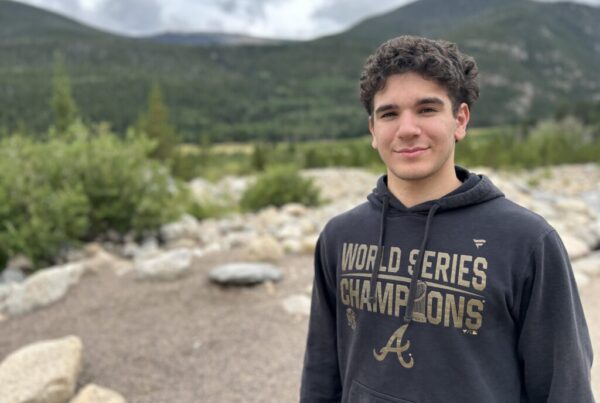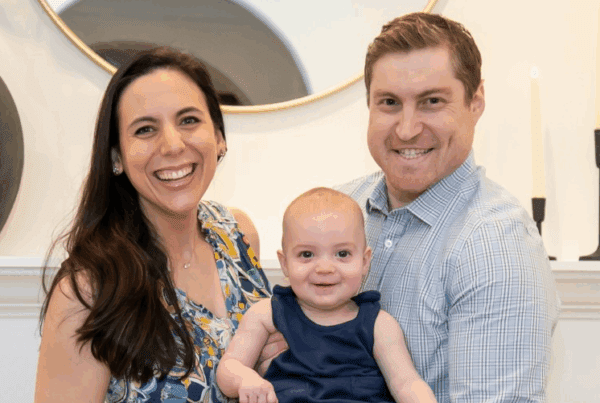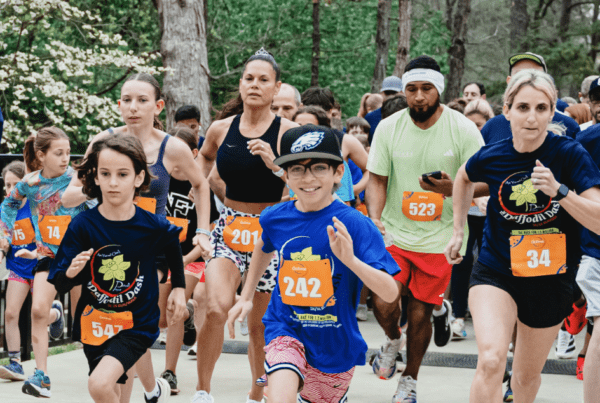Between March-May 2020, the Georgia Department of Public Health reported a 3% average weekly increase (over the same months in 2019) in the number of drug and/or alcohol-related ER visits, and a terrifying climb in opioid-related overdose deaths. The call volume at JF&CS’s HAMSA program (Helping Atlantans Manage Substance Abuse) reflects the trend. HAMSA is seeing a 40% surge in calls from families who are not only seeking support and treatment for their loved ones, but for themselves. Coping with a family member’s addiction is never easy, and the isolation that comes with COVID-19 complicates access to treatment.
Right now, we are all experiencing the pain and isolation inflicted by COVID. These feelings are especially dangerous for people with substance use disorder (SUD). They may be quarantined and unable to make the vital human connections that help maintain recovery, which may lead to relapse and increased use. Addiction is called a “family disease,” and being confined at home with loved ones who are in active addiction may create even greater stress within the family system.
HAMSA frequently receives calls from Jewish parents who ask to remain anonymous or don’t want to share their contact information. They are fearful that someone will find out their child is addicted to drugs or alcohol and that their family will be judged. Drug overdoses and alcohol-related deaths, which have tragically impacted many Jewish families, are now the leading cause of preventable injury and death, eclipsing auto accidents and gun violence. These deaths are avoidable when we begin to understand addiction as a treatable disease.
HAMSA is helping to find and create safe spaces that bring connection, understanding, and hope. Many family and parent peer support groups are still meeting via Zoom, and HAMSA can help you find them. The JF&CS clinical team provides individual and family counseling, offers a group for spouses and partners of a person with SUD, and a new parent group will begin in the fall. Navigating the world of addiction treatment can often feel overwhelming for parents and families, especially during the pandemic when the options are more limited. JF&CS’s free Information and Referral Service can help you identify the right treatment options that meet your needs and resources. It also provides free Narcan (opioid overdose antidote) training and supply to the community, as well as outreach and education.
In response to the increased needs of families, HAMSA welcomes David Sheff, author of the best-selling book Beautiful Boy: A Father’s Journey Through His Son’s Addiction, August 20 from 7-8 pm, for a free event via Zoom. Sheff understands the stigma and shame Jewish families feel when a child is addicted. His book describes the years he walked the rocky path that ultimately led to his son Nic’s recovery. The presentation will include intimate conversation about the dynamics of addiction in families. Sheff ultimately found hope and healing by sharing his story and connected with thousands of families just like his own. Reserve your free ticket and learn more at jfcsatl.org/davidsheff
If you or someone you love is struggling with addiction and needs help finding resources or support, call 1-833-HAMSAHELPS or visit HAMSAHELPS.org





